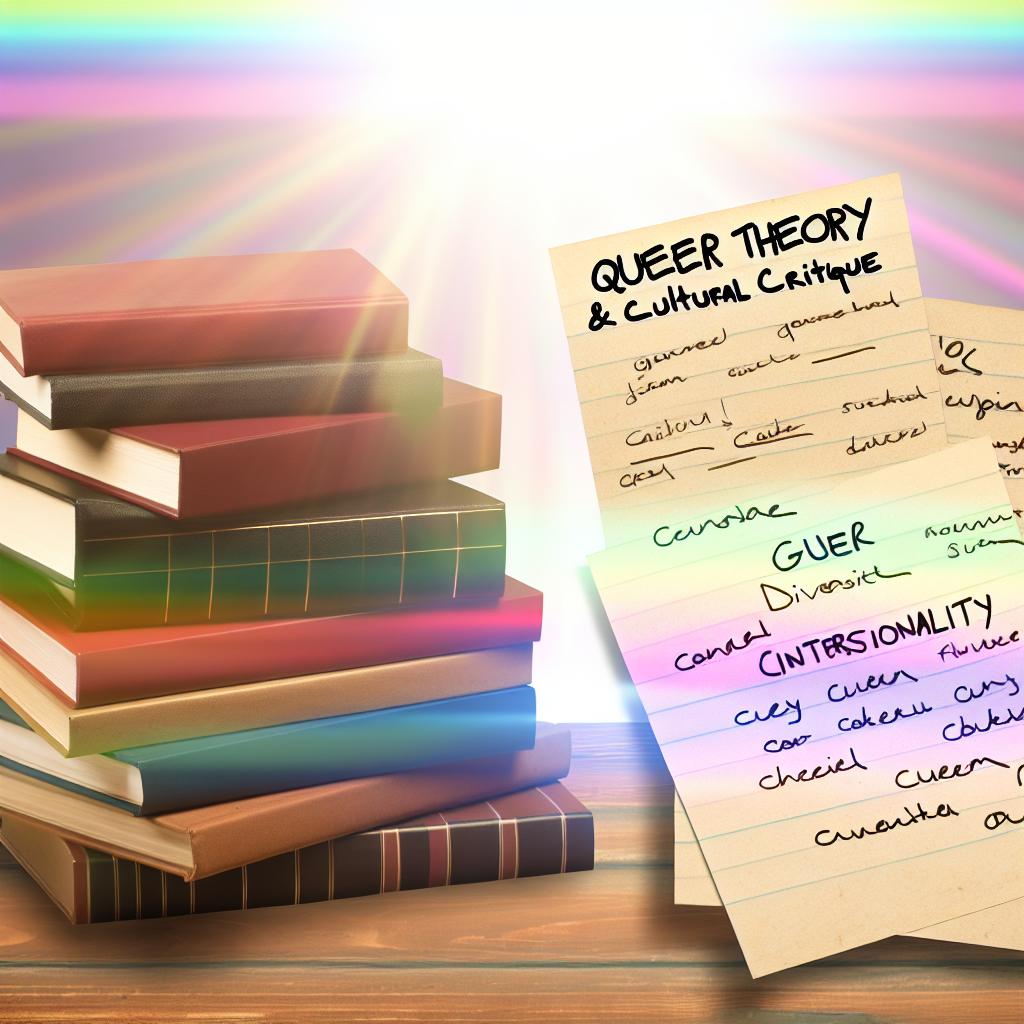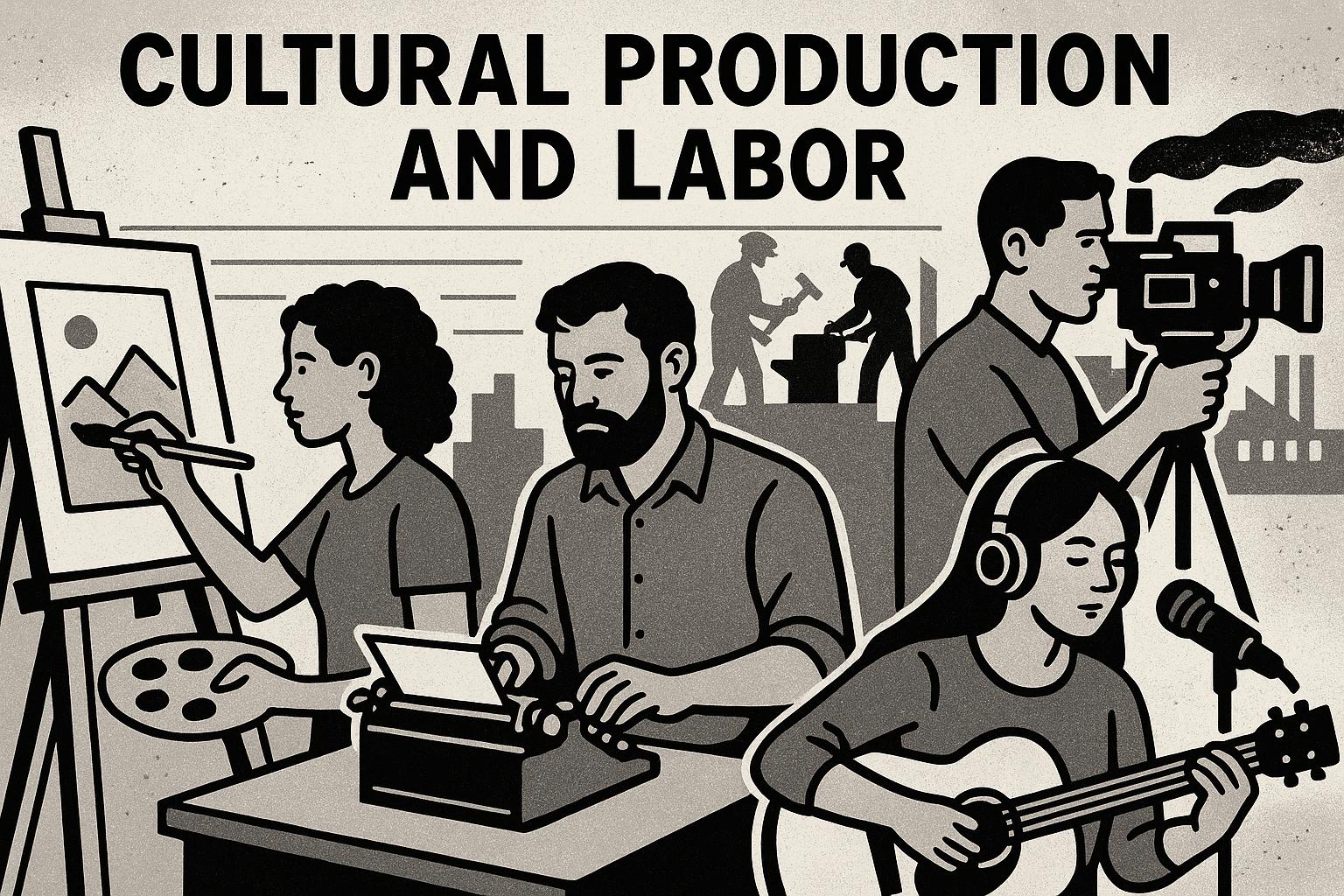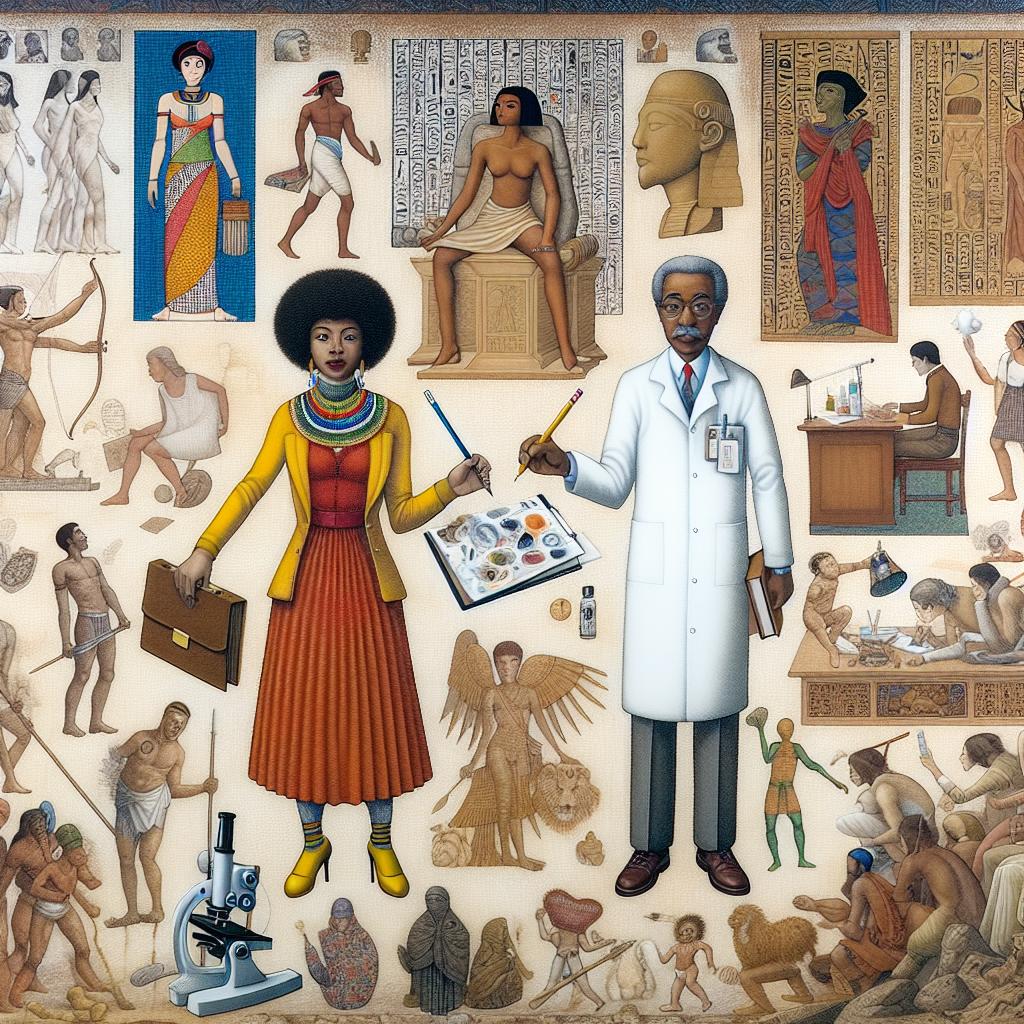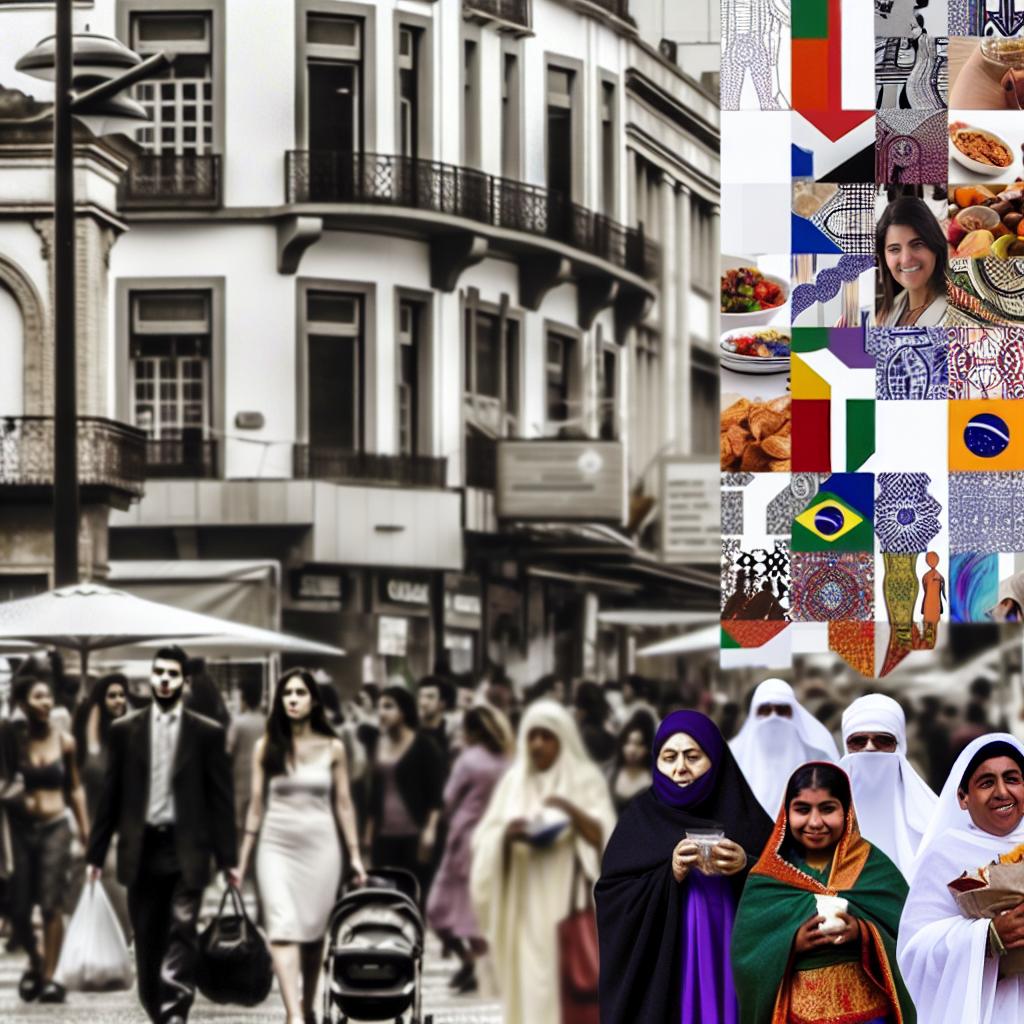Introduction to Queer Theory
Queer theory emerged in the late 20th century as an academic and cultural critique that challenges normative constructions of sexuality and gender. Rooted in the academic fields of gender studies, women’s studies, and sexuality studies, its primary focus is on deconstructing the binary categories that dominate the societal understanding of gender and sexuality. Queer theory critiques the social, political, and cultural assumptions surrounding identity and seeks to question and dismantle the norms that exclude diverse identities.
Foundational Thinkers
Queer theory draws from the works of several foundational thinkers. Michel Foucault’s exploration of the relationship between power, society, and sexuality has significantly influenced queer theory. In his work, Foucault examined how discourse shapes our understanding of sexual norms. Judith Butler also plays a crucial role with her theory of gender performativity, which postulates that gender identity is not a fixed attribute but rather a series of actions performed according to societal expectations.
Key Concepts in Queer Theory
Gender Performativity: This concept posits that gender is a continuous performance influenced by societal norms and expectations, rather than an inherent biological truth. This challenges the binary understanding of male and female.
Heteronormativity: Queer theorists critique the societal tendency to view heterosexual relationships as the norm. Heteronormativity suggests that society privileges heterosexuality at the expense of other sexual orientations and non-binary identities.
Intersectionality: While not exclusive to queer theory, intersectionality is crucial in understanding how various social factors, such as race, gender, and class, intersect with sexuality. This approach facilitates a more comprehensive analysis of identity and oppression.
Queer Theory and Cultural Critique
Queer theory does not merely focus on theoretical exploration; it also offers a lens for cultural critique. By analyzing literature, film, and popular culture, queer theorists aim to uncover and challenge the implicit biases and norms embedded within cultural products. This form of critique often involves reading against the grain to highlight non-normative representations and narratives.
Impact on Contemporary Discourse
Queer theory has significantly influenced contemporary discourse on gender and sexuality, particularly in academia and activism. It has provided a platform for voices that have historically been marginalized and has fostered greater inclusivity and diversity in these discussions. Furthermore, it encourages a critical understanding of how language and culture contribute to shaping our perceptions of identity.
Challenges and Criticisms
Despite its contributions, queer theory faces challenges and criticisms. Some argue that its academic language and theoretical nature can be inaccessible, limiting its impact outside academic circles. Others critique the potential for it to universalize queer experiences without adequately addressing regional and cultural differences.
In essence, queer theory is a dynamic and evolving field that dialogues with traditional norms on a radical level. It invites continuous rethinking of long-held beliefs about identity, power, and representation.
The Evolution of Queer Theory
As the field evolves, queer theory is continuously enriched by new dimensions and interdisciplinary dialogues. Recent academic discourse has expanded to include environmental concerns, as in the case of queer ecology. This angle explores the interplay between sexuality, ecology, and the environment, pushing the boundaries of what constitutes queer inquiry.
Queer Ecology
Queer ecology delves into the intersection between environmental studies and queer theory. It critiques the heteronormative underpinnings often found within traditional ecological narratives. This branch of queer theory suggests that understanding biodiversity can be enriched by translating ecological relationships into sexual and gender diversity, thereby illuminating non-normative connections within the natural world.
Integrating Queer Theory into Other Disciplines
The integration of queer theory into various academic disciplines has brought about a wide range of insights. In education, queer pedagogy investigates methods of teaching that disrupt traditional hierarchies of gender and sexuality within educational settings. In psychology, the intersection of queer theory aids in understanding the fluidity of identity beyond rigid sexual orientation categories, promoting a more nuanced understanding of human sexuality.
Queer Theory in Literature and Film
In analyzing literature and film, queer theory invites scholars to re-examine texts by exploring themes of desire, identity, and power dynamics. Queer readings of classic literature and contemporary films offer fresh perspectives by uncovering subtextual elements and challenging the dominant narratives of gender and sexuality. Through these analyses, queer theorists reveal how cultural products reflect and reinforce normative assumptions.
Queer Theory’s Role in Activism
Beyond academic confines, queer theory plays a crucial role in activism by challenging policies and societal structures that marginalize non-normative identities. Activists use principles derived from queer theory to advocate for more inclusive legislations and social practices. The theory offers tools to understand systemic inequality, inform social justice movements, and engage with broader social issues like healthcare and employment discrimination.
Global Perspectives on Queer Theory
As queer theory expands globally, it encounters diverse local cultures, necessitating a rethinking of its universality. Cultural variation significantly impacts the way queer theory is understood and applied around the world. In some regions, the binary between Western and non-Western perspectives provides a ground for productive tension and dialogue within the framework of queer theory.
Intersection with Postcolonial Studies
In postcolonial contexts, queer theory intersects with narratives of resistance against colonial legacies. It explores how colonial histories have shaped local understandings of gender and sexuality. By deconstructing colonial binaries and power structures, queer theory contributes to a more diversified understanding across cultural lines, offering space for indigenous and local expressions of queerness.
The Future Trajectories of Queer Theory
Looking forward, queer theory is expected to continue broadening its reach by engaging with emerging global challenges. Issues such as digital identity, cyber cultures, and virtual realities offer new terrains for inquiry. Queer theory’s adaptability allows it to remain pertinent in rapidly changing socio-political contexts.
Conclusion
In conclusion, queer theory is a dynamic and critical framework that continues to evolve. As society increasingly questions traditional norms, queer theory stands as a vital tool in cultural critique, offering nuanced insights into the complexities of identity and representation. Its application across various disciplines and global contexts not only enriches academic inquiry but also sustains its relevance in broader cultural conversations. This adaptability highlights its strength in challenging normative assumptions and advocating for inclusivity in an ever-diversifying world.



